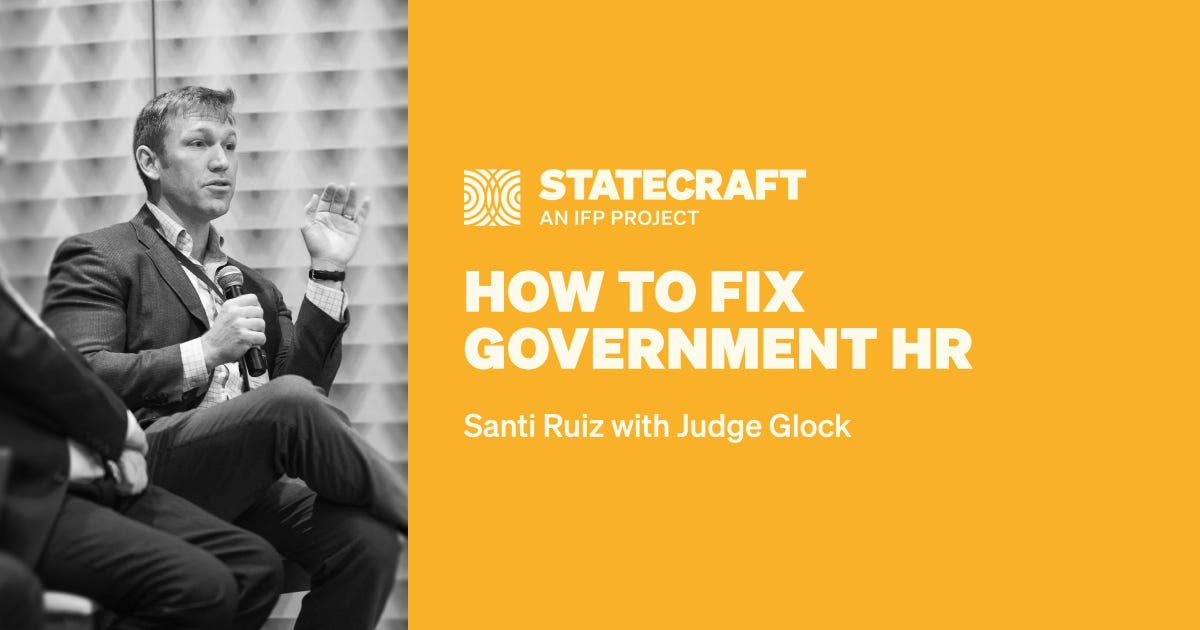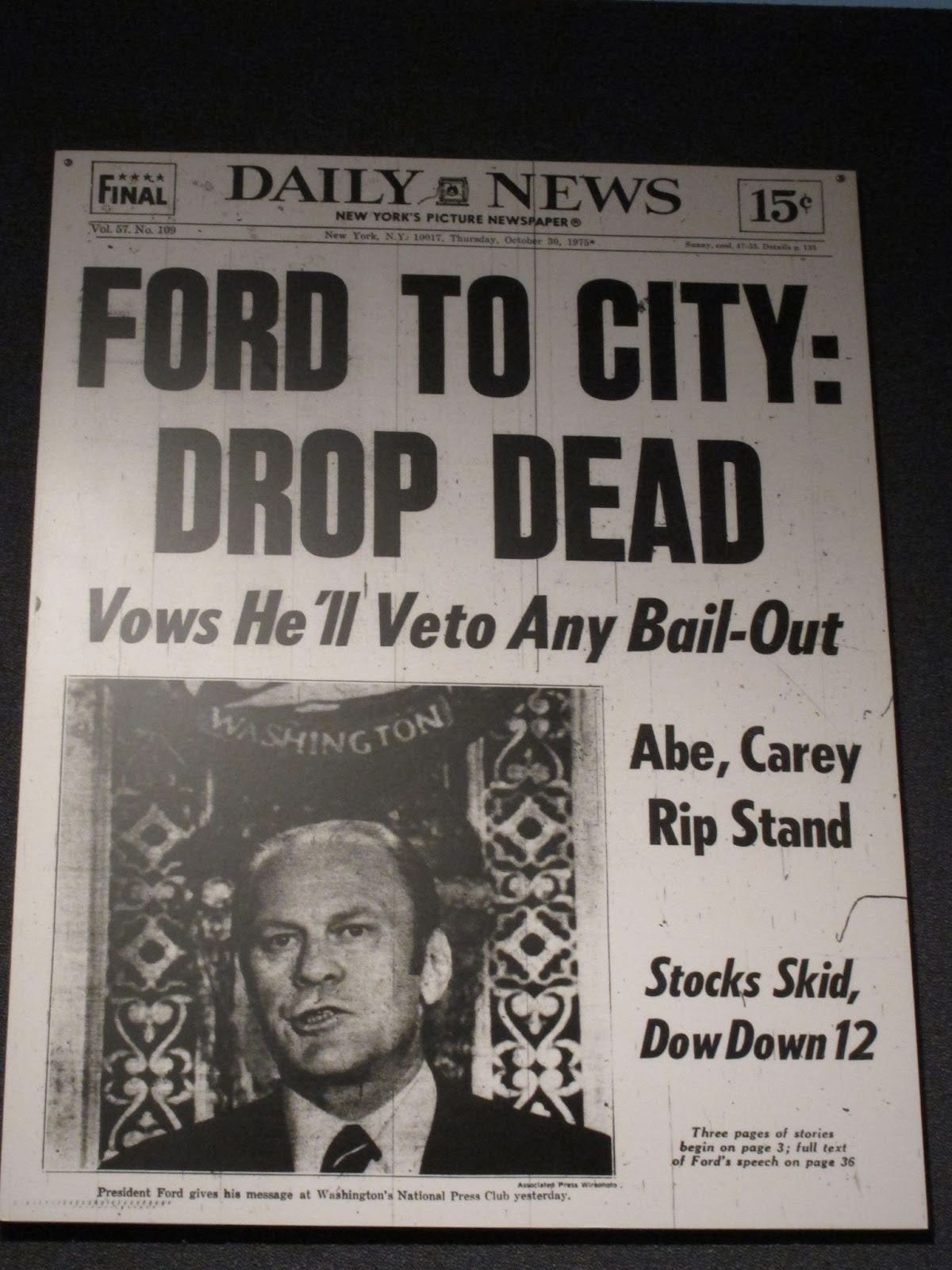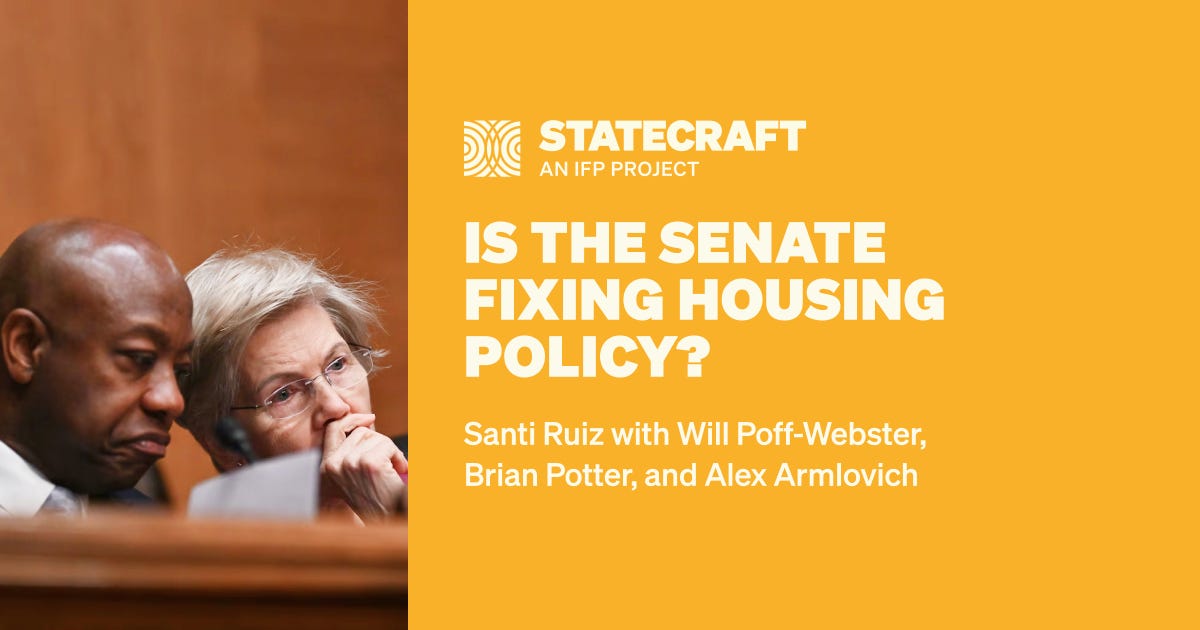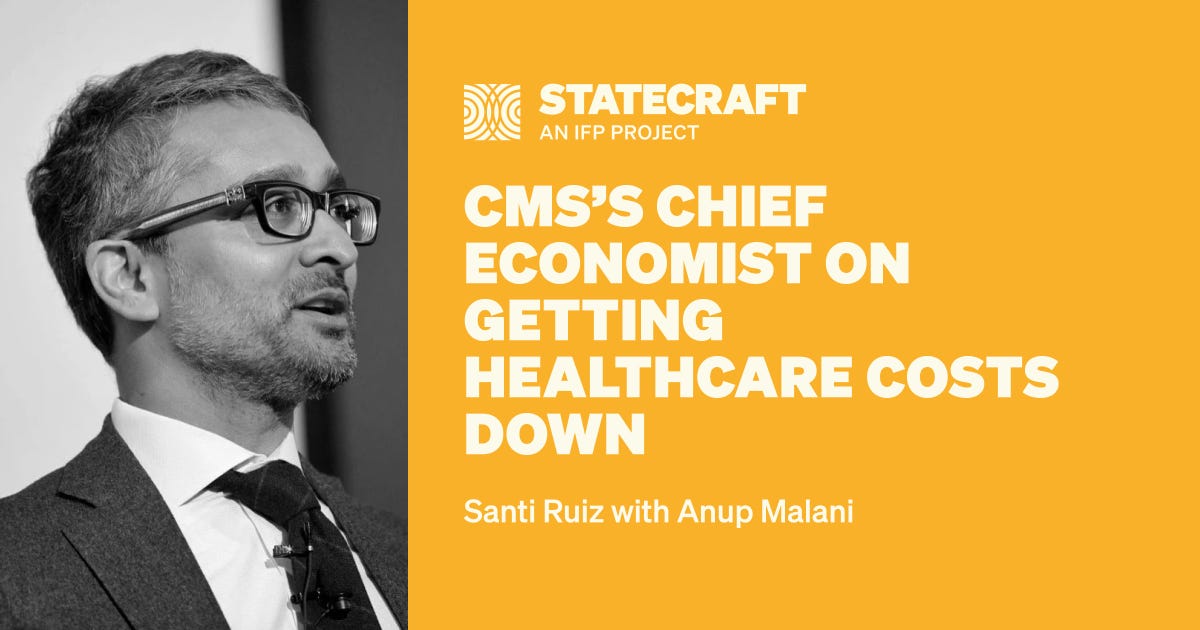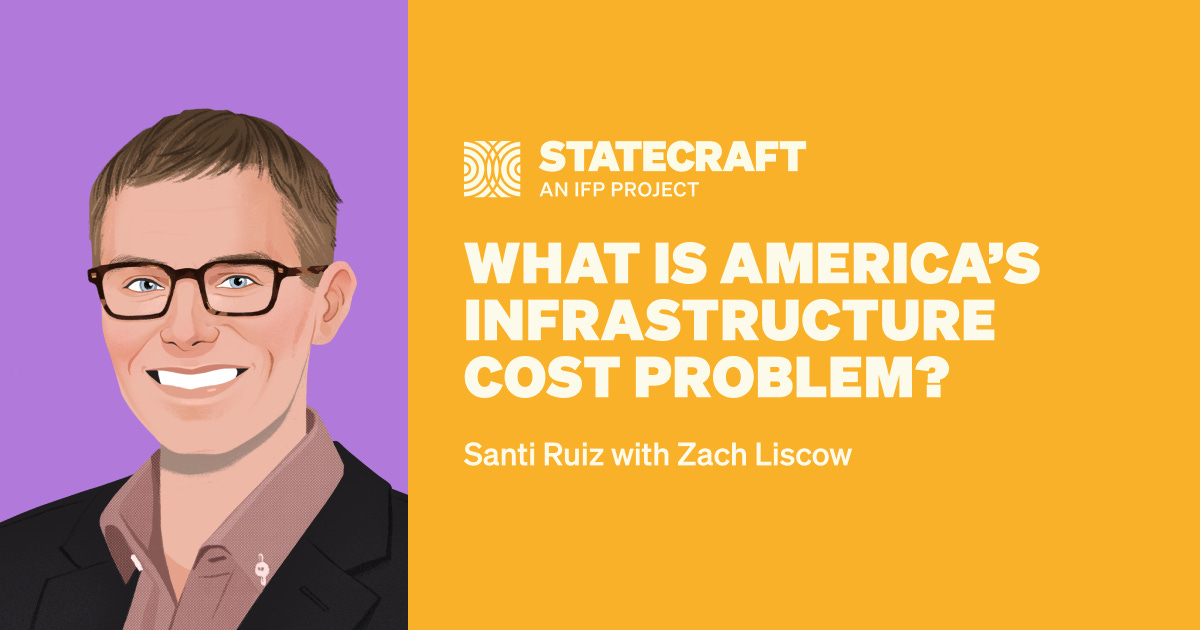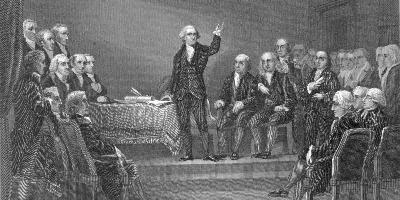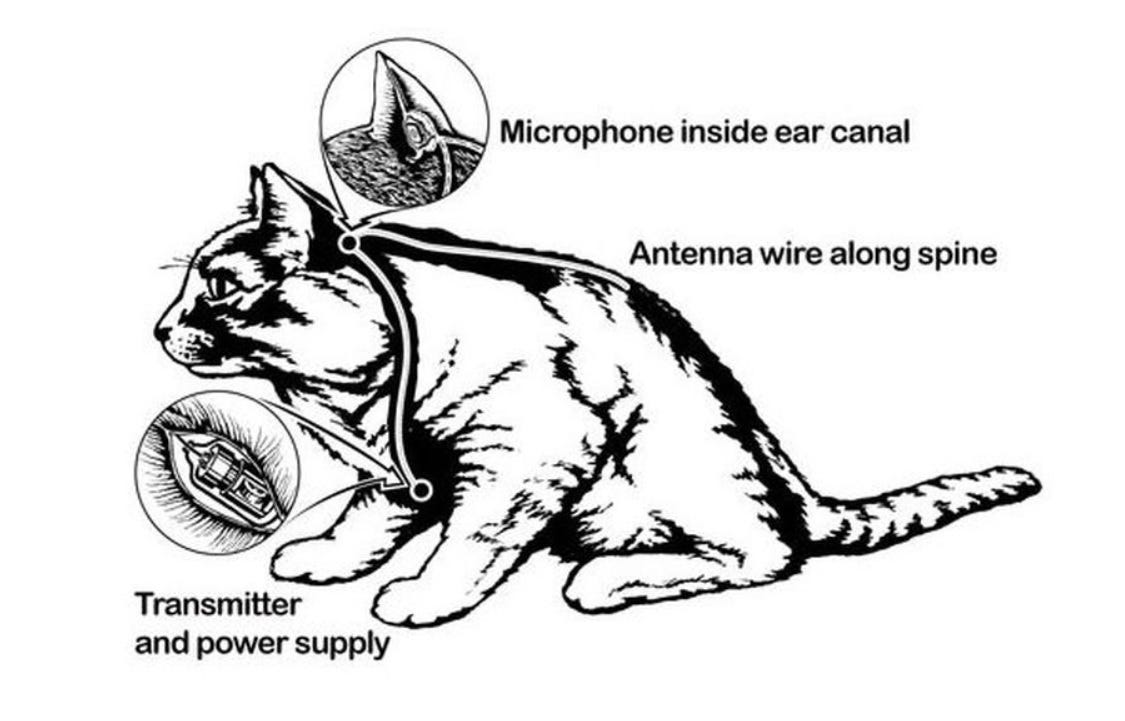Four Ways to Fix Government HR
Description
Today I'm talking to economic historian Judge Glock, Director of Research at the Manhattan Institute. Judge works on a lot of topics: if you enjoy this episode, I'd encourage you to read some of his work on housing markets and the Environmental Protection Agency. But I cornered him today to talk about civil service reform.
Since the 1990s, over 20 red and blue states have made radical changes to how they hire and fire government employees — changes that would be completely outside the Overton window at the federal level. A paper by Judge and Renu Mukherjee lists four reforms made by states like Texas, Florida, and Georgia:
* At-will employment for state workers
* The elimination of collective bargaining agreements
* Giving managers much more discretion to hire
* Giving managers much more discretion in how they pay employees
Judge finds decent evidence that the reforms have improved the effectiveness of state governments, and little evidence of the politicization that federal reformers fear. Meanwhile, in Washington, managers can’t see applicants’ resumes, keyword searches determine who gets hired, and firing a bad performer can take years. But almost none of these ideas are on the table in Washington.
Thanks to Harry Fletcher-Wood for his judicious transcript edits and fact-checking, and to Katerina Barton for audio edits.
Judge, you have a paper out about lessons for civil service reform from the states. Since the ‘90s, red and blue states have made big changes to how they hire and fire people. Walk through those changes for me.
I was born and grew up in Washington DC, heard a lot about civil service throughout my childhood, and began to research it as an adult. But I knew almost nothing about the state civil service systems. When I began working in the states — mainly across the Sunbelt, including in Texas, Kansas, Arizona — I was surprised to learn that their civil service systems were reformed to an absolutely radical extent relative to anything proposed at the federal level, let alone implemented.
Starting in the 1990s, several states went to complete at-will employment. That means there were no official civil service protections for any state employees. Some managers were authorized to hire people off the street, just like you could in the private sector. A manager meets someone in a coffee shop, they say, "I'm looking for exactly your role. Why don't you come on board?" At the federal level, with its stultified hiring process, it seemed absurd to even suggest something like that.
You had states that got rid of any collective bargaining agreements with their public employee unions. You also had states that did a lot more broadbanding [creating wider pay bands] for employee pay: a lot more discretion for managers to reward or penalize their employees depending on their performance.
These major reforms in these states were, from the perspective of DC, incredibly radical. Literally nobody at the federal level proposes anything approximating what has been in place for decades in the states. That should be more commonly known, and should infiltrate the debate on civil service reform in DC.
Even though the evidence is not absolutely airtight, on the whole these reforms have been positive. A lot of the evidence is surveys asking managers and operators in these states how they think it works. They've generally been positive. We know these states operate pretty well: Places like Texas, Florida, and Arizona rank well on state capacity metrics in terms of cost of government, time for permitting, and other issues.
Finally, to me the most surprising thing is the dog that didn't bark. The argument in the federal government against civil service reform is, “If you do this, we will open up the gates of hell and return to the 19th-century patronage system, where spoilsmen come and go depending on elected officials, and the government is overrun with political appointees who don't care about the civil service.” That has simply not happened. We have very few reports of any concrete examples of politicization at the state level. In surveys, state employees and managers can almost never remember any example of political preferences influencing hiring or firing.
One of the surveys you cited asked, “Can you think of a time someone said that they thought that the political preferences were a factor in civil service hiring?” and it was something like 5%.
It was in that 5-10% range. I don't think you'd find a dissimilar number of people who would say that even in an official civil service system. Politics is not completely excluded even from a formal civil service system.
A few weeks ago, you and I talked to our mutual friend, Don Moynihan, who's a scholar of public administration. He's more skeptical about the evidence that civil service reform would be positive at the federal level.
One of your points is, “We don't have strong negative evidence from the states. Productivity didn’t crater in states that moved to an at-will employment system.” We do have strong evidence that collective bargaining in the public sector is bad for productivity.
What I think you and Don would agree on is that we could use more evidence on the hiring and firing side than the surveys that we have. Is that a fair assessment?
Yes, I think that's correct. As you mentioned, the evidence on collective bargaining is pretty close to universal: it raises costs, reduces the efficiency of government, and has few to no positive upsides.
On hiring and firing, I mentioned a few studies. There's a 2013 study that looks at HR managers in six states and finds very little evidence of politicization, and managers generally prefer the new system. There was a dissertation that surveyed several employees and managers in civil service reform and non-reform states. Across the board, the at-will employment states said they had better hiring retention, productivity, and so forth. And there's a 2002 study that looked specifically at Texas, Florida, and Georgia after their reforms, and found almost universal approbation inside the civil service itself for these reforms.
These are not randomized control trials. But I think that generally positive evidence should point us directionally where we should go on civil service reform. If we loosen restrictions on discipline and firing, decentralize hiring and so forth — we probably get some productivity benefits from it. We can also know, with some amount of confidence, that the sky is not going to fall, which I think is a very important baseline assumption. The civil service system will continue on and probably be fairly close to what it is today, in terms of its political influence, if you have decentralized hiring and at-will employment.
As you point out, a lot of these reforms that have happened in 20-odd states since the ‘90s would be totally outside the Overton window at the federal level. Why is it so easy for Georgia to make a bipartisan move in the ‘90s to at-will employment, when you couldn't raise the topic at the federal level?
It's a good question. I think in the 1990s, a lot of people thought a combination of the 1978 Civil Service Reform Act — which was the Carter-era act that somewhat attempted to do what these states hoped to do in the 1990s — and the Clinton-era Reinventing Government Initiative, would accomplish the same ends. That didn't happen.
That was an era when civil service reform was much more bipartisan. In Georgia, it was a Democratic governor, <stro

